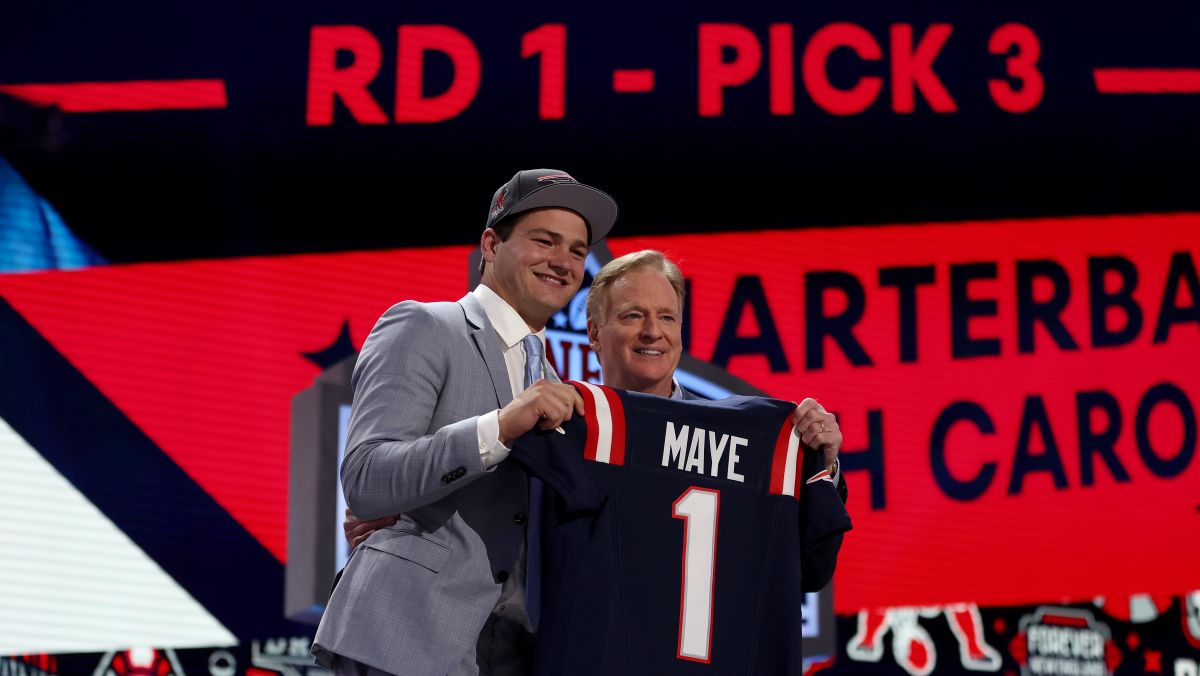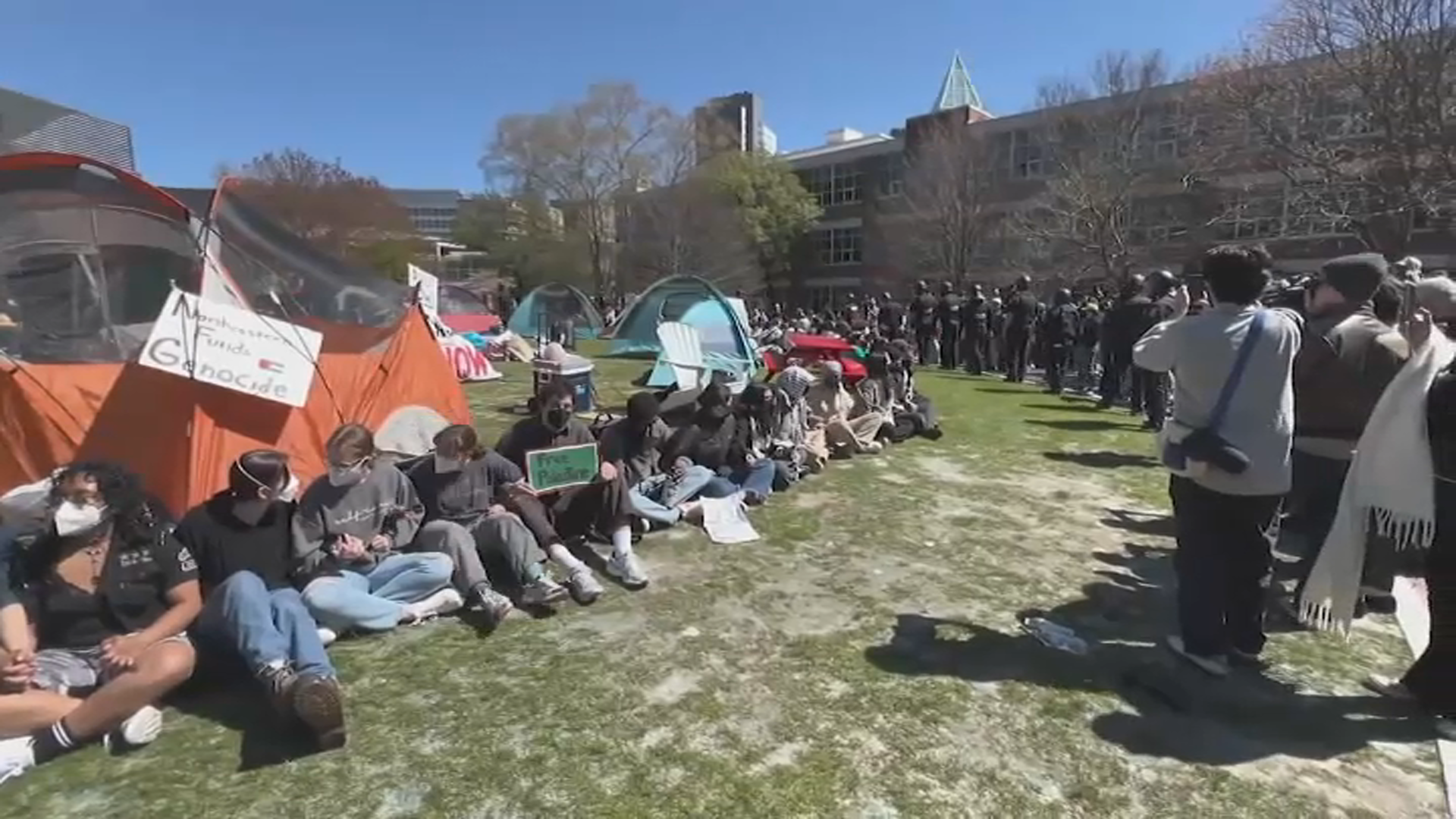Cape Wind and its array of 130 440-foot-tall turbines spread over 24 square miles of Nantucket Sound were to be one of the biggest legacy’s of Governor Deval L. Patrick’s two terms in office and, he hoped, the springboard for a huge Massachusetts wind-power industry.
But Wednesday, after National Grid and Northeast Utilities cancelled their contracts to buy most of Cape Wind’s projected power output, Patrick sounded highly uncertain the project will ever happen.
"We've done everything as a state government to get them over the regulatory lines, and I've said before and say again, after that it's up to the market and up to the leadership of the project and their partners to get it done," Patrick said.
Asked whether the project could survive, Patrick said: "I don't know … They've had any number of setbacks, the most significant of which has been the perpetual litigation for the past more than 10 years."
Cape Wind CEO Jim Gordon, through project spokesman Mark Rodgers, raised the prospect of invoking a legal principle called "force majeure" to compel National Grid and NU to stick to their contracts to buy Cape Wind power. National Grid had signed on to buy 50 percent of the 468-megawatt development’s power. NStar, now part of Northeast Utilities, agreed under heavy pressure from Patrick to buy another 27.5 percent in 2012, at a time when NU and NStar were trying to win Massachusetts approval for their merger and Patrick held huge leverage over the transaction.
Grid and NU say after years of missing promised launch dates and deadlines, Cape Wind blew its final chance when it failed to have full financing in place and construction underway by Jan. 1, giving them the right to walk away from the contract. Critics including the state’s biggest business lobby, Associated Industries of Massachusetts, argued that NU and Grid customers would pay two to three times the price of conventionally generated power for Cape Wind electricity.
Under the force majeure theory, Cape Wind is arguing that Grid and NU do not have a "valid" legal right to terminate the power contracts because the "extended, unprecedented and relentless litigation by the Alliance to Protect Nantucket Sound" against the project was "completely beyond Cape Wind's control and could not have prevented or avoided." "Force majeure" is sometimes compared loosely to "Act of God" provisions that prevent someone from walking away from a contract because of something like a natural disaster, terrorism, or other event that could not have been foreseen when the contract was executed.
Massachusetts
The latest news from around the state
In this case, however, Grid and NU are scoffing at the invocation of force majeure because, they say, the extent and relentlessness of the
Alliance’s litigation against the project had been known for years, and no one should have been surprised that the legal actions could delay Cape Wind past its mandated Jan. 1 project financing and construction start date.
NU spokeswoman Caroline Pretyman said: "We reject the claim that Cape Wind's inability to meet the mutually agreed upon contract obligations constitutes a force majeure. The point of a force majeure clause is to protect the parties against narrow types of circumstances that were not expected or would be considered unusual in the circumstances. The challenges alluded to by Cape Wind were ongoing and well known to the parties at the time the agreement was entered into and were not the type of events that would excuse Cape Wind from performing its obligations under the contract."
Grid’s Jake Navarro said: "We don't share their reading of the contract. Cape Wind did not meet its commitments and declined its option to extend the contract."
Attorney Vincent DeVito, a partner in the Massachusetts law firm Bowditch & Dewey, who formerly worked in the Energy Department’s general counsel's office and served as the U.S. Assistant Secretary of Energy for Policy and International Affairs, also expressed skepticism that a judge would agree force majeure applies here: "Such clauses refer to extraordinary events out of the control of the parties. Such extraordinary circumstances are war, strikes, or an Act of God such as a remarkable weather occurrence. Traditionally, a FM is not an inability to secure financing. For instance, if a residential sale is contingent upon the buyer securing financing the lack of a buyer securing that financing is not a FM event."
Audra Parker of the Alliance to Protect Nantucket Sound said: "Even with the high priced contracts with NStar and National Grid in hand for 4 years guaranteeing Cape Wind a 15 year revenue stream, developers were unable to get financing -causing them to miss contract milestones. The project doesn't work economically - it's just too expensive. It was a bad project from the start and has only gotten worse as it has become increasingly outdated. Cape Wind could have also opted to extend the contracts with a financial security, which they did not do. This either means they are out of funds or have no confidence that they could meet future milestones."
Cape Wind’s Rodgers invoked industrial William Koch, one of the despised-by-liberals "Koch Brothers," who owns a home in Barnstable’s Osterville section and has funded opposition to Cape Wind: "It would be a travesty if delays caused by an interest group funded by one of the Koch brothers could stop a project that would make Massachusetts a leader in offshore wind and create good jobs and help mitigate climate change."
With video editor Lauren Kleciak and videographer Mike Bellwin



